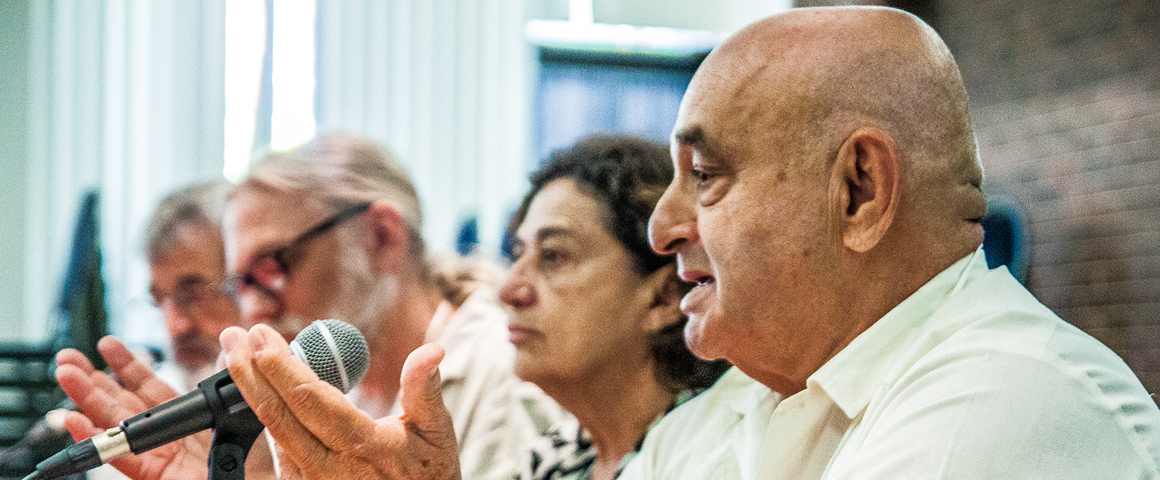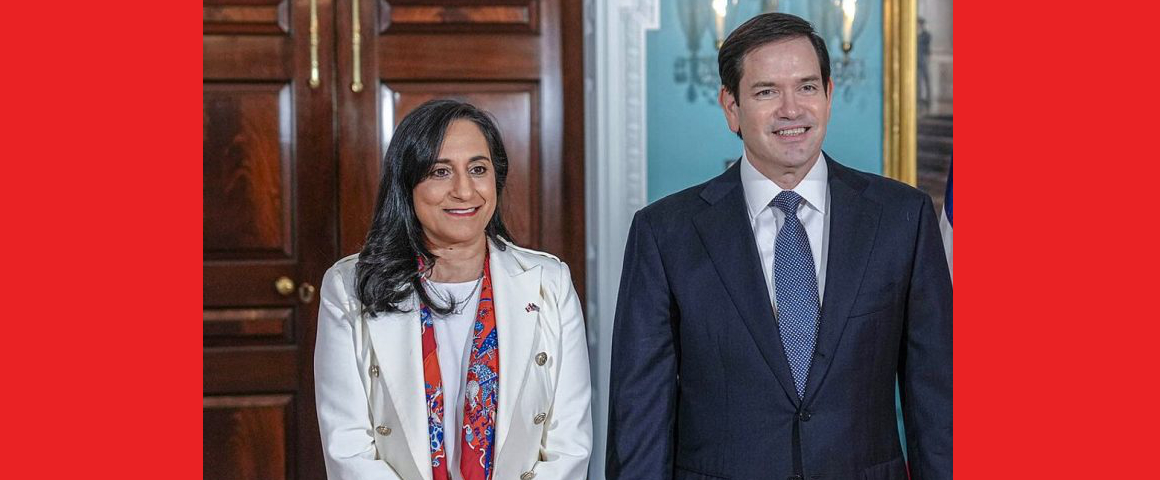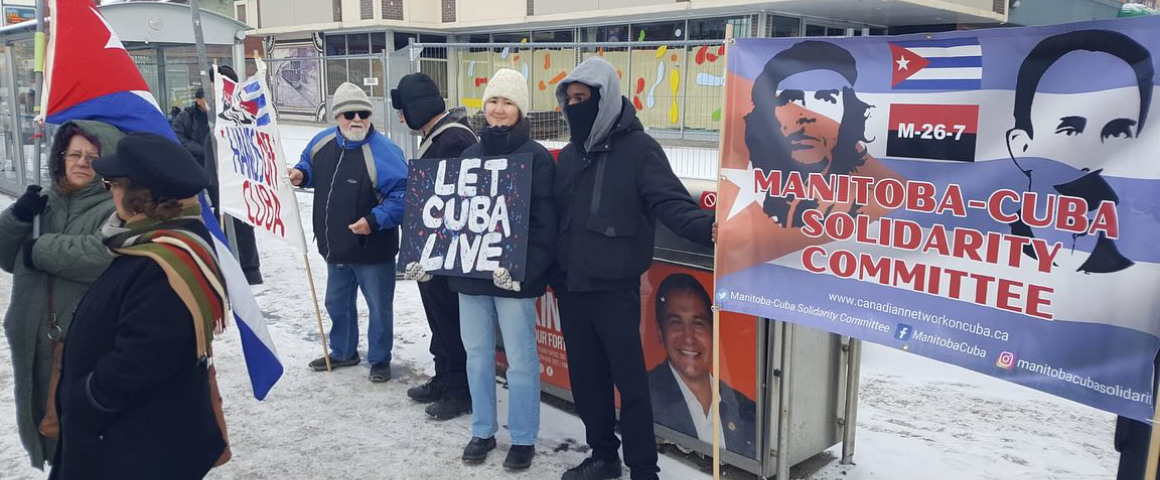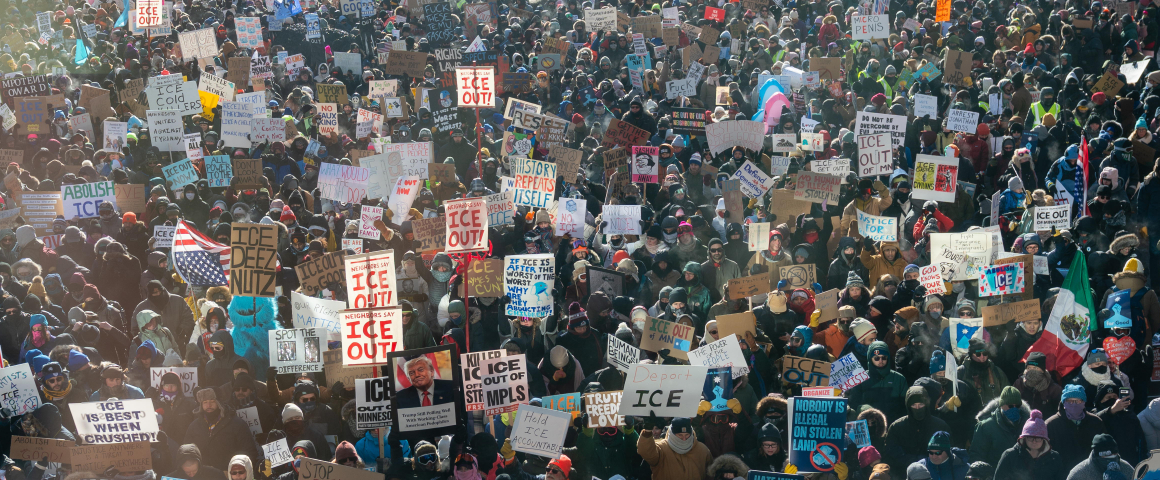Peace activists representing 12 countries across the western hemisphere met in Toronto on July 18 and 19, for the World Peace Council Meeting for the Americas and the Caribbean Region.
Participating in the meeting were leading peace activists from the host organization, the Canadian Peace Congress, the Brazilian Peace Council (CEBRAPAZ), the Cuban Movement for Peace and Sovereignty of the Peoples (MOVPAZ), the Peace Council of the United States, the Mexican Movement for Peace and Development (MOMPADE), the Peace Movement of El Salvador, the Dominican Union of Journalists for Peace (UDPP), Venezuela’s Committee for International Solidarity, the Caribbean Peace and Integration Movement of Barbados, the School of Peace in Colombia, the Jamaican Peace Council and the Committee in Defense of the National Patrimony of Sovereignty and Dignity (CODEPANAL) of Bolivia.
The World Peace Council’s President, Socorro Gomes, and Executive Secretary, Iraklis Tsavdaridis, were present, as was the Americas Regional Coordinator, Silvio Platero.
The participants noted that the meeting occurred in the context of a complex political situation, both in the world and in the region, that combines the general crisis of capitalism and the aggressive military escalation of the United States, the European Union and NATO in the Middle East, Eastern Europe and Asia. In its renewed drive for political and economic control over Latin America and the Caribbean, the US and its allies are using “soft coup” strategies to interrupt and overturn the progressive and popular democratic changes that is developing in several countries of the continent, and to restore neoliberalism.
The regional meeting stated its deep concern for the increased political and military interference by US imperialism and its NATO allies in several countries and regions. These interventions are aimed at destabilizing the economies and societies of sovereign countries.
The meeting identified the recent NATO Summit in Warsaw, Poland is an expression of increasingly aggressive policies vision that are aimed at surrounding Russia and extending NATO’s military arena to all areas of the world. Participants declared their support for the campaigns of the Canadian Peace Congress and the US Peace Council, calling for the withdrawal of their respective countries from NATO.
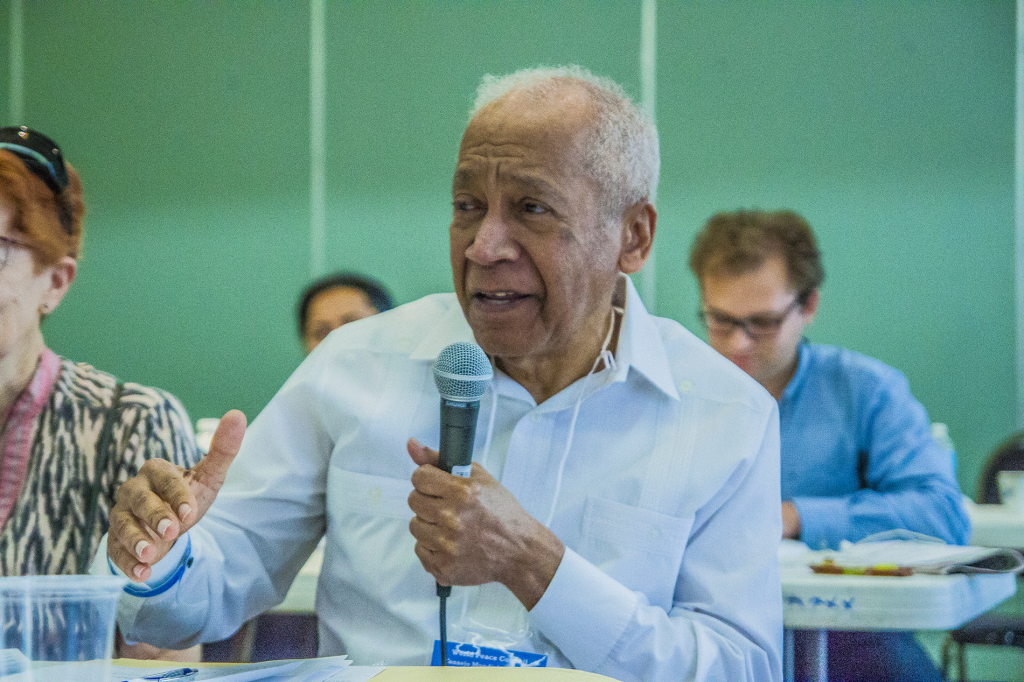
Several participants spoke of the increased imperialist interventions against the people and governments of Brazil, Venezuela, Ecuador, Bolivia, Nicaragua and El Salvador, noting that these efforts have already produced concrete setbacks for democratic forces in Argentina. In particular, the meeting strongly denounced the aggressions against the people and Bolivarian Government of Venezuela. Many organizations noted that US government and fascist Venezuelan oligarchy have maintained a campaign of brutal economic sabotage with the clear intention of destroying the Bolivarian Revolution, its social gains and the legacy of Commander Hugo Chávez Frías.
The Regional Meeting expressed its unwavering solidarity with the peace-loving, patriotic and popular forces who are mobilizing in defense of the social gains they have achieved and of their independence and sovereignty. The participants in the meeting also reiterated their support for the Proclamation of Latin America and the Caribbean as a Zone of Peace, which was approved by all Heads of State and Government of the region at the Second CELAC Summit held in Havana, Cuba, in January 2014.
The meeting expressed its genuine joy at the recent signing of a peace accord between the Colombian government and the FARC-EP guerrilla, which is a strong step toward a definitive and sustainable peace for the people of Colombia and for the opening of a new period of democracy in that country.
The meeting discussed the expansion of foreign military bases, mostly US, throughout the region. They noted that the current trend is toward a smaller overall number of foreign military bases, but with a greater number of host countries. The meeting participants reiterated the WPC’s longstanding demand for an end to all foreign bases and military enclaves in the region.
Participants also discussed the struggles Indigenous peoples against genocide and in defence of their sovereignty, and expressed a commitment to build more effective and visible solidarity.
The Regional Meeting ended with a report on preparations for the World Peace Council Assembly, to be held in Sao Luis, Marañao, Brazil, on November 17-19, 2016. The meeting agreed that one of its essential tasks for the remainder of the year is to build for this Assembly. Participants agreed to mobilize all possible forces in the region, to strengthen the movement against war and intervention, against the arms race and in favour of disarmament, as well as to promote a world of peace, cooperation, progress and social justice.

